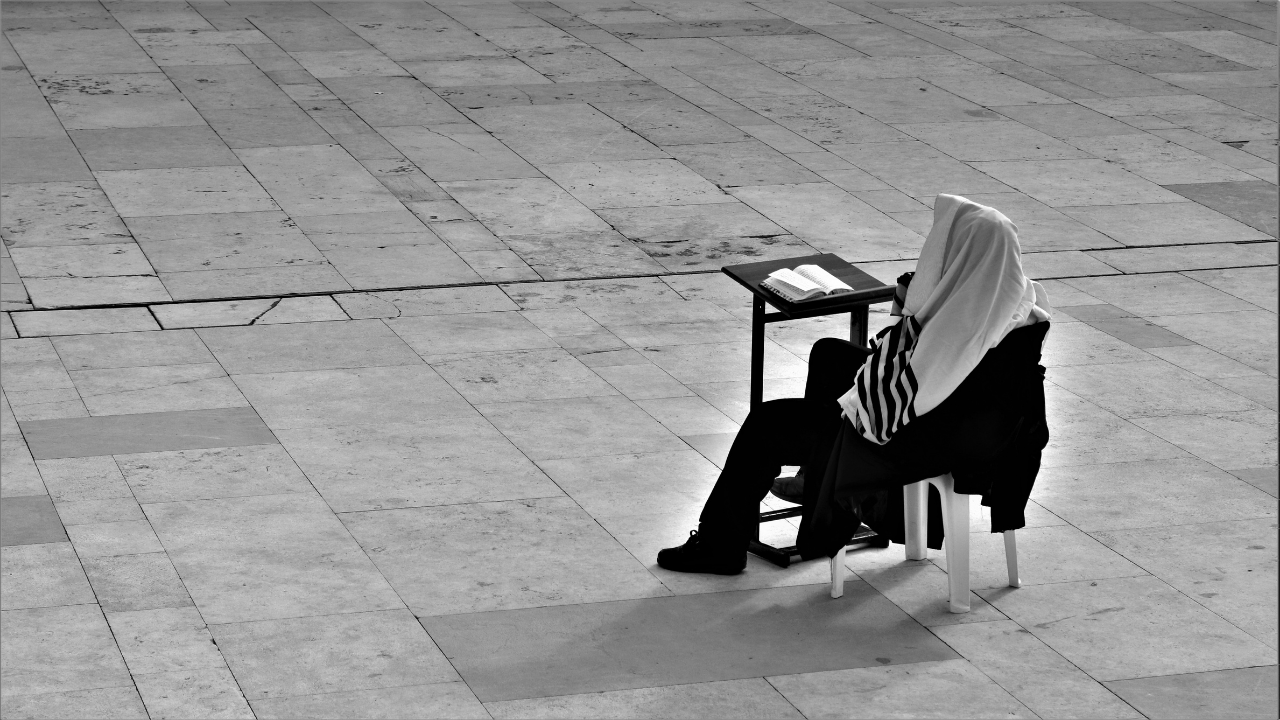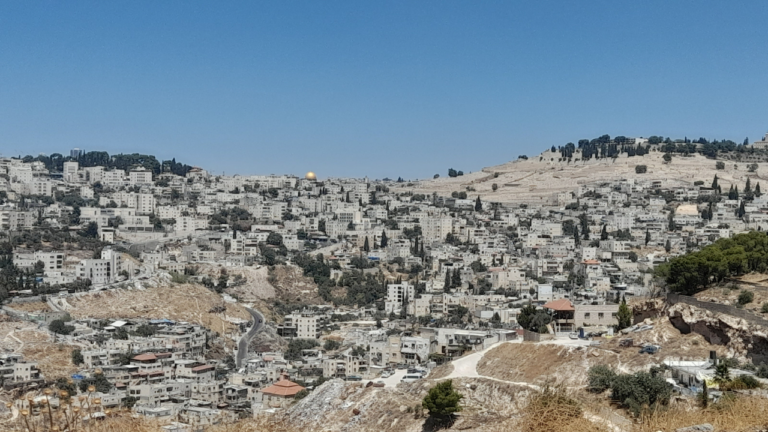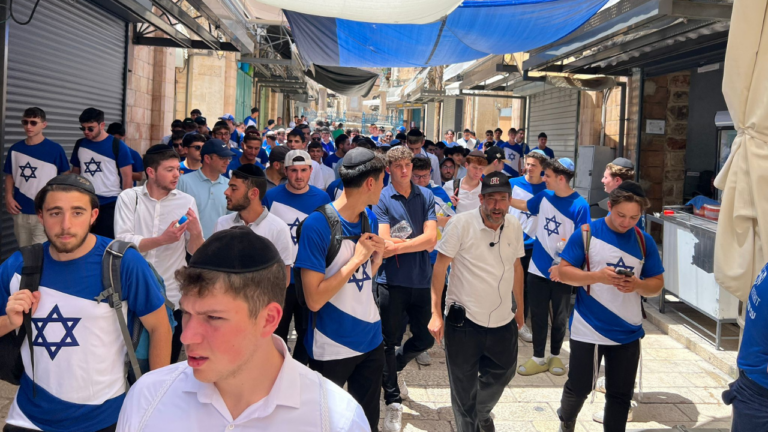The Broad Soul
Chazal point to Bilaam as a paradigm of negative and destructive character traits. In particular, they contrast him with Avraham:
Whoever possesses these three things, he is of the disciples of Abraham, our father; and [whoever possesses] three other things, he is of the disciples of Balaam, the wicked. A good eye, a humble spirit and a lowly soul, he is of the disciples of Abraham, our father. An evil eye, a haughty spirit and a broad soul he is of the disciples of Balaam, the wicked.
The Mishna continues that the cluster of positive traits embodied by the students of Avraham allow them to enjoy this world and merit the world to come, while the students of Bilaam descend to Gehinom.
The commentators debate the precise identity of these three items. The Magen Avot offers a relatively unique interpretation of the contrasting terms “lowly soul” and “broad soul:”This is the meaning of a “broad soul” – that he desires to amass great wealth.” For Bilaam was always looking for more money. Rashi notes that when he tells the servants of Balak that “even if Balak gives his entire house filled with silver and gold” he still cannot deviate from God’s word, this gives us a window into his soul. Bilaam’s mind revolved around money.
It is interesting that Avraham himself was not a poor man by any standard. By the time he leaves Egypt to return to the Land of Israel, he is clearly a man of means with money, flocks and servants. And yet, this is not criticized at all. What, then, is the difference between Avraham and Bilaam?
The difference seems to be encompassed in the word “soul” which is associated with identity and desire. For Bilaam, money was part of his soul/identity and it was a means to enlarge himself. His desire for money stemmed from a need to feel big and to lord over other people. Avraham, on the other hand, even while wealthy, did not have money or the desire for money to become part of his identity. He freely gave expensive meat to his guests and refused to take tainted money from the King of Sedom. Money was a means to the end of the service of God, not inherently important.
With this background we can appreciate the great wealth displayed in Yerushalayim’s glory days. During the reign of Shlomo the city sparkled with gold. While the majority of mentions of gold are regarding the Beit HaMikdash, even items such as Shlomo’s throne were covered in expensive gold. Similarly, in the end of times the Talmud teaches us that the walls of Yerushalayim will be made of precious stones.
Yerushalayim, as the site of God’s throne on earth, is the proper city for wealth. Similar to Avraham, the gold and riches are not part of a bloated identity but only exist to give honor to its Creator. Therefore, its grandeur glorifies God. By contrast, similar features in a city that does not represent God runs the danger of being selfish and showy opulence – the same “broad” soul of Bilaam.



